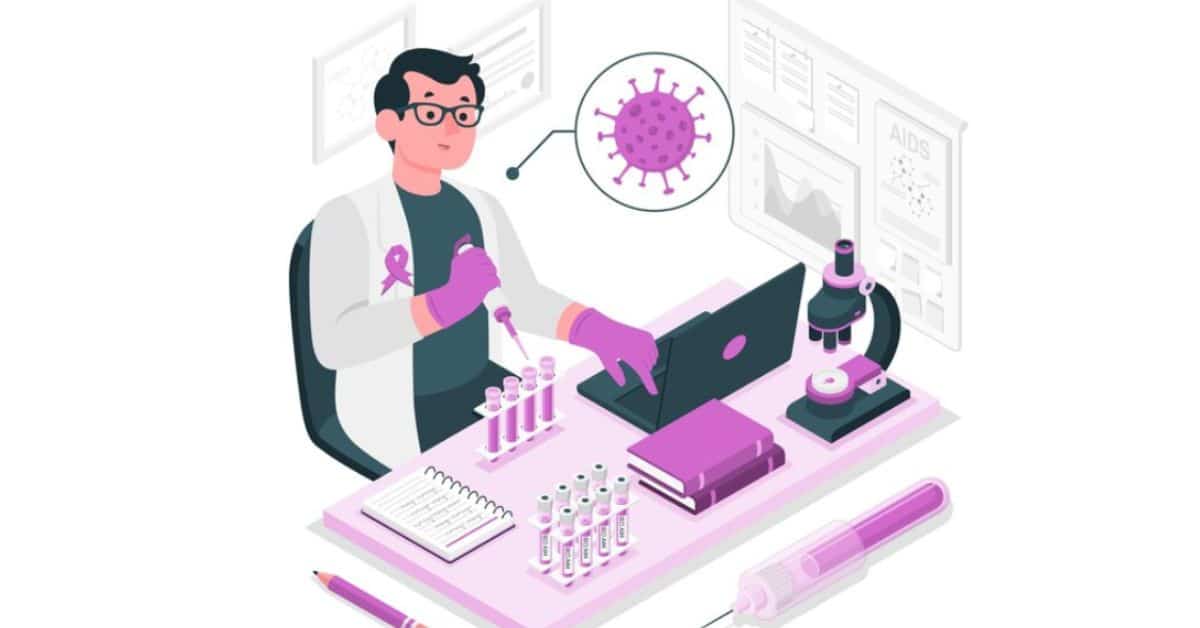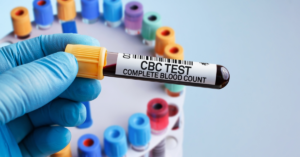Cancer is a complex and life-threatening disease that affects millions of people worldwide. Timely and accurate diagnosis is crucial for effective treatment and improved survival rates. In recent years, advancements in medical technology have led to the development of innovative diagnostics of cancer methods, one of which is the rapid lab approach. In this blog, we will explore the significance of rapid lab diagnostics in the detection and management of cancer.
Understanding the Importance of Early Diagnosis
Early detecting cancer at an early stage when it is still localized and hasn’t spread to other parts of the body allows for more effective treatment options. Rapid lab diagnostics play a critical role in achieving early diagnosis by providing quick and accurate results, enabling healthcare professionals to make informed decisions promptly.
What Is Rapid Lab Diagnostics?
Rapid lab diagnostics refer to a set of advanced laboratory techniques and technologies that expedite the process of cancer diagnosis. These methods are designed to provide quick and reliable results, allowing healthcare providers to diagnose cancer and determine its stage and type with greater efficiency.
Benefits of Rapid Lab Diagnostics in Cancer Detection
Faster Results:
Traditional diagnostic methods can take days or even weeks to produce results. In contrast, rapid lab diagnostics can deliver results within hours, significantly reducing the time patients have to wait for a diagnosis.
Accuracy:
Rapid lab diagnostics are known for their accuracy. These methods use cutting-edge technology and automated systems, reducing the risk of human error in the testing process.
Early Intervention:
The ability to diagnose cancer quickly means that treatment can commence sooner, potentially leading to better outcomes. Early intervention can prevent cancer from advancing to a more advanced stage.
Personalized Treatment:
Rapid lab diagnostics not only diagnose cancer but can also identify specific molecular markers and genetic mutations associated with the disease. This information allows healthcare providers to tailor treatments to the individual patient, improving their chances of success.
Types of Rapid Lab Diagnostics for Cancer
There are several types of rapid lab diagnostics used in cancer detection, each with its unique advantages:
Liquid Biopsies:
Liquid biopsies are non-invasive diagnostic tests that analyze small amounts of blood to detect cancer-related DNA or proteins. They are especially useful in monitoring treatment response and identifying genetic mutations that inform treatment decisions.
Imaging Technologies:
Advanced imaging technologies like PET-CT scans and MRI can provide rapid and detailed images of tumors and their surrounding tissues, aiding in diagnosis and staging.
Molecular Profiling:
This technique involves analyzing the genetic makeup of cancer cells to identify specific mutations and biomarkers. Molecular profiling helps in selecting targeted therapies that are more effective and have fewer side effects.
Flow Cytometry:
Flow cytometry is a method used to count and analyze the characteristics of cells, including cancer cells. It can be particularly useful in diagnosing blood cancers and assessing the effectiveness of treatment.
The Future of Cancer Diagnostics
As technology continues to advance, the future of cancer diagnostics looks promising. Emerging techniques like artificial intelligence and machine learning are being integrated into diagnostic processes, improving accuracy and efficiency. Additionally, researchers are continually identifying new biomarkers and genetic targets that could lead to even more precise and personalized cancer diagnostics and treatment plans.
Conclusion
The rapid lab approach to cancer diagnostics is revolutionizing the way we detect and manage this deadly disease. With faster results, increased accuracy, and the potential for personalized treatment, it offers hope for better outcomes for cancer patients. While there are challenges in implementing these advanced methods, ongoing research and technological developments continue to pave the way for improved cancer diagnosis and treatment. Early detection is the key to beating cancer, and rapid lab diagnostics are playing a pivotal role in making this a reality.


